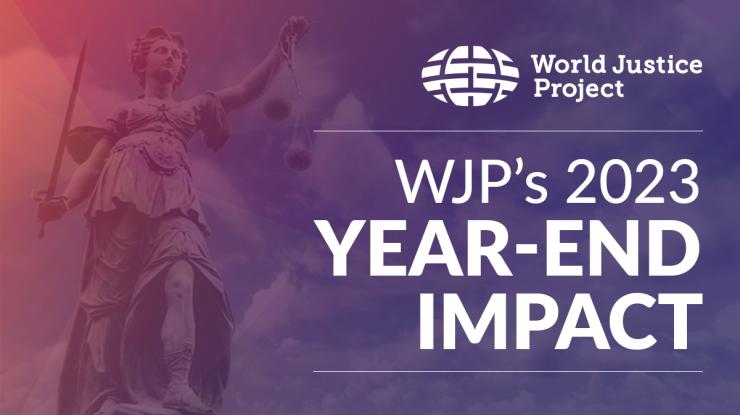When the Khmer Rouge’s reign ended, Cambodia was left without law schools, courthouses, judges, or lawyers. Thirty years ago there were fewer than 10 lawyers working in the country. Rebuilding the legal system posed a daunting challenge, but Karen Tse was up to the task. She trained the first 25 legal aid lawyers in Cambodia in 1994, including Ouk Vandeth. The two worked together to found Cambodia Bridges to Justice (CBJ), an offshoot of International Bridges to Justice (IBJ), which Tse had founded years prior.
